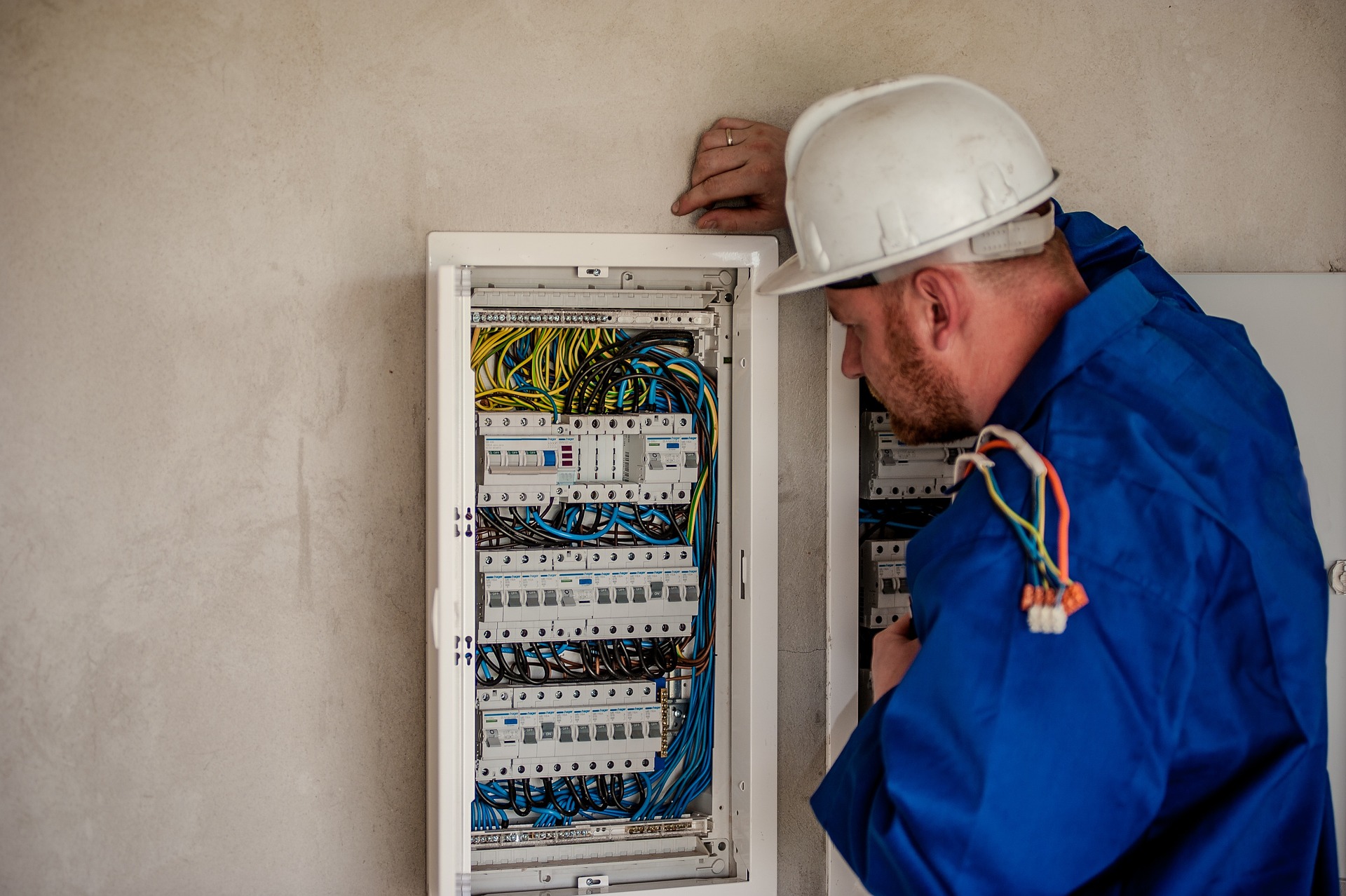While the allure of DIY solutions may seem tempting, it’s crucial to recognize the inherent risks and responsibilities involved. Building permits and electrical codes are important safeguards to keep electricians and builders in check, ensuring that your project adheres to established safety standards that protect you and your family. Ignoring these can lead to severe consequences, both legally and in terms of the safety of your home.
Building Permits in Electrical Projects
Building permits serve as a foundational element in any electrical project. They act as a formal authorization, meaning you don’t have to rely on one person’s opinion, instead having a codified set of best practices to reference. While the specifics can vary, the core purpose remains the same: to ensure that all electrical work complies with established safety standards.
One of the primary roles of a building permit is to mandate professional inspections. These inspections are conducted at various stages of your project before and after completion, serving multiple purposes:
Verification of Materials: Ensuring that all electrical materials are up to code.
Workmanship: Confirming that the electrical work is performed to a certain standard.
Safety Checks: Making sure that the completed work poses no immediate or future safety risks.
While not very exciting or flashy, building codes and electrical safety regulations are integral to the safety of your home and everyone in it. They ensure your electrical systems function as they should, minimizing the risk of electrical fires, shocks, or other hazards.
Building permits offer additional layers of protection and benefits beyond the physical health and safety of your family or tenants. For example, they provide a legal safeguard and avenue toward justice. Should any issues arise post-completion – be it a malfunction or an accident – the presence of a building permit can be evidence that you took all necessary precautions, protecting you from potential lawsuits or liability claims. Additionally, a home with properly permitted work is often more appealing to potential buyers, increasing its market value when it is time to sell.
The Pitfalls of DIY Electrical Work: Risks and Limitations
While the DIY approach may offer a sense of accomplishment and the illusion of cost-saving, electrical work is one area where professional expertise is always highly recommended for anything beyond the most basic tasks. The risks involved in DIY electrical projects are numerous and can lead to severe, life-threatening consequences:
Incorrect Wiring: Using the wrong type of wire or incorrectly connecting wires can lead to short circuits.
Exposed Wires: Leaving wires unprotected can create fire hazards and risk of electrical shock.
Overloaded Circuits: Adding too many electrical devices to a single circuit can cause overheating and potential fires.
These errors, despite seeming like minor mistakes and something anyone can overlook, will lead to dangerous situations that put your home and family at risk. On the other hand, licensed electricians, and master electricians especially, bring a level of expertise that is hard to match. They are trained in the latest safety standards and equipped with the tools needed to perform the job correctly. Regarding cost considerations, the initial outlay for professional services may seem high. However, this cost is often justified when you factor in the long-term benefits.
More than anything, it is important to understand that building codes and electrical regulations exist due to decades of work by individuals devoted to consumer safety and protection. As part of their job, electricians must take the time to be familiar with all aspects of these regulations, and they are the best people to take on any upcoming electrical project on your property.
Whatever your electrical service needs, the professional electricians at Promise Electric are here to help however we can.



